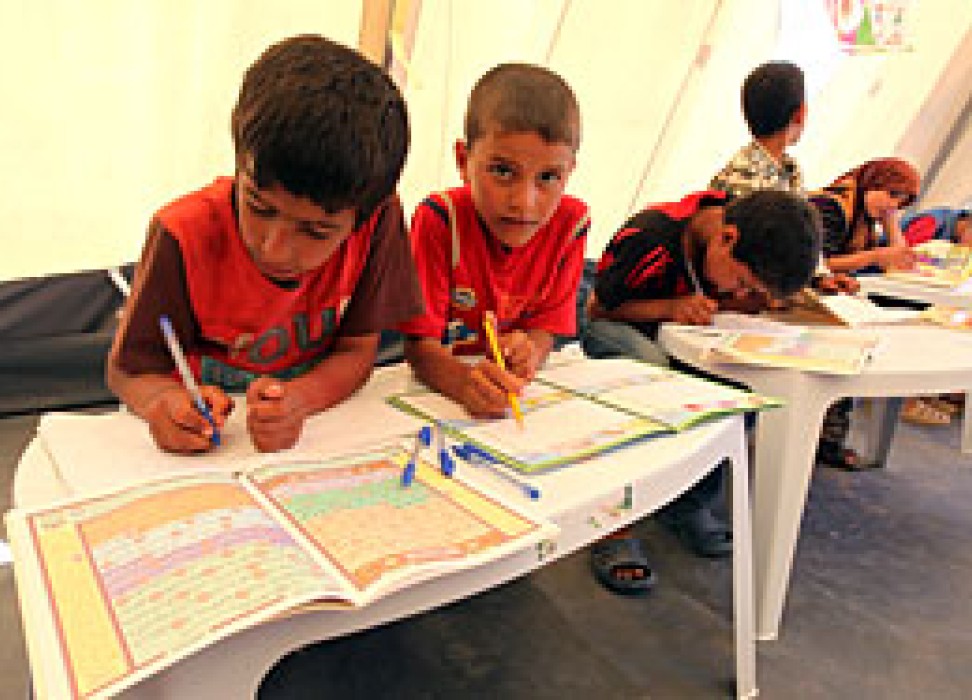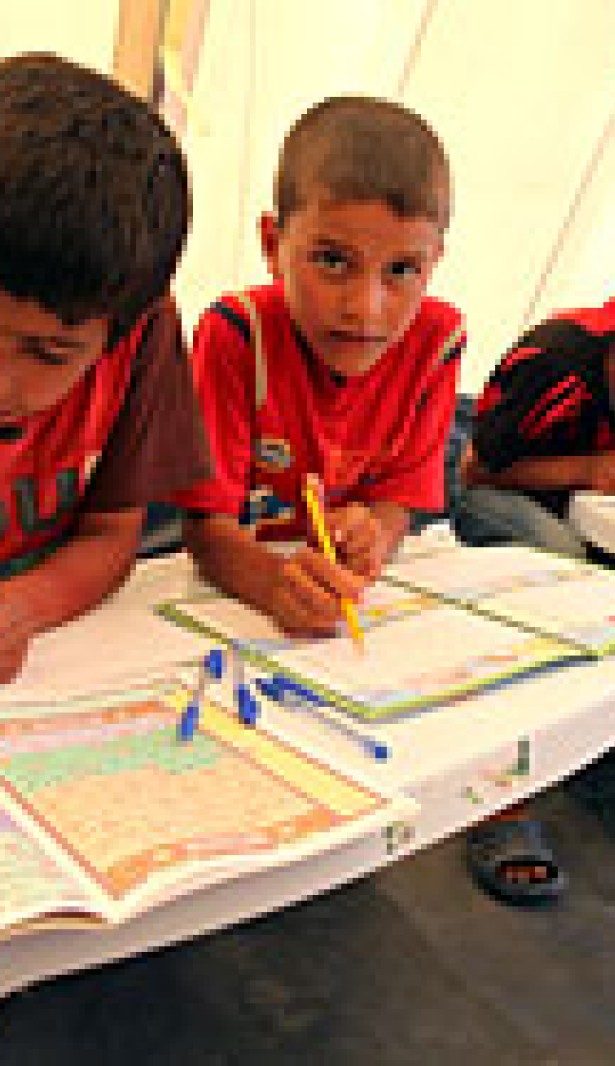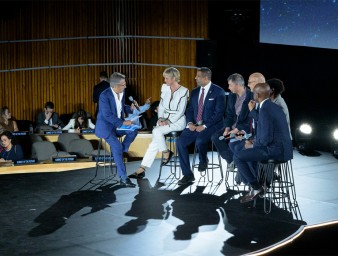Post-conflict societies: learning history from different points of view
28 October 2013

In many places around the world, the historical narratives promoted by States in schools can pose several challenges from a human rights perspective, according to Farida Shaheed, UN Special Rapporteur in the Field of Cultural Rights. The teaching of history is subject to varying interpretations as narratives are always subjective, she stressed.
“In promoting nationalistic political agendas and/or monolithic viewpoints of dominant powers, education policies relating to history teaching fail to acknowledge cultural diversity and the multiplicity of historical narratives among and within communities,” said Shaheed during the presentation of her report on 24 October to the United Nations General Assembly’s 68th session, which was held in New York.
Her report focuses on the writing and teaching of history in divided and post-conflict areas. These policies, according to Shaheed, conflict with the right to education, the right to freedom of expression, and the right for all people to enjoy their own cultural heritage.
Textbooks deserve consideration, as they often require an immense amount of information to be selected, condensed, deleted, and heavily edited. This can result in the reinterpretation and manipulation of a historical event, according to Shaheed.
“This constraint makes textbooks for younger children a particularly effective—and thus dangerous—tool for promoting ideological messages among young, more susceptible minds,” she said. “Younger children are also most vulnerable to the dissemination of fear and prejudice when history teaching is used to lay the foundations for exclusions and even violence, especially towards so-called “bad people,” “enemy nations” or “peoples.”
The teaching of history “should aim at fostering critical thinking, analytic learning and debate; it should enable a comparative and multi-perspective approach,” she said. It should not serve the purpose of promoting patriotism or programming children to stay in line with a States ideology or religion, Shaheed stressed.
In order to assist States in developing policies that nurture a multi-perspective approach, Shaheed provides several recommendations in her report: including a balance of local, national, regional and global history; ensuring access to a wide selection of accredited history textbooks for teachers and allowing them to use supplementary materials; discouraging the use of history textbooks that do not provide a multi-perspective approach; and providing professional training for history teachers. She also made a strong call for the respect of the academic freedoms of historians.
“As the past constantly informs the present, history is continuously interpreted to fulfil contemporary objectives by a multiplicity of actors,” she said. “The challenge is to distinguish the legitimate continuous reinterpretation of the past from the manipulations of history for political ends.”
28 October 2013




